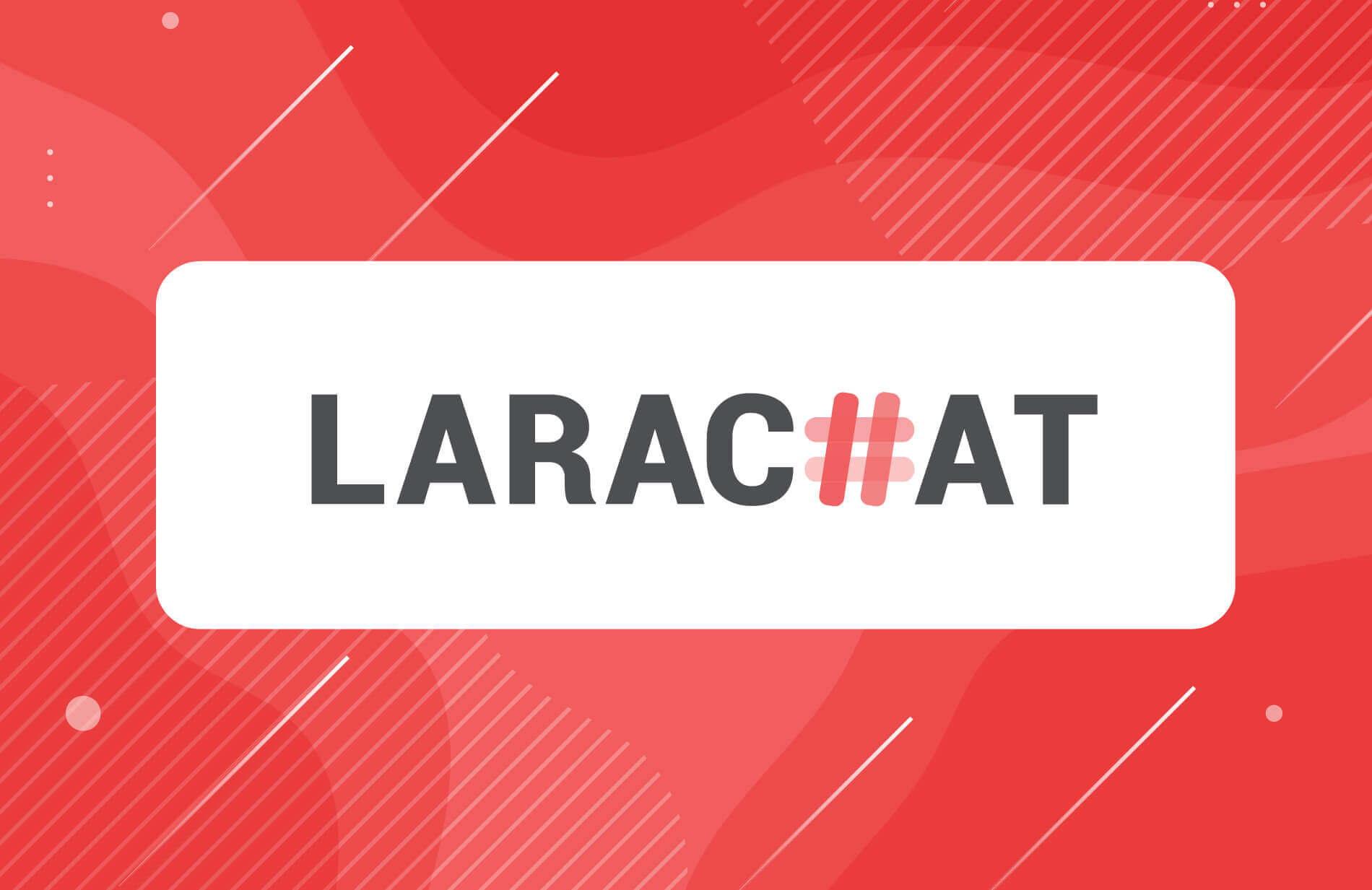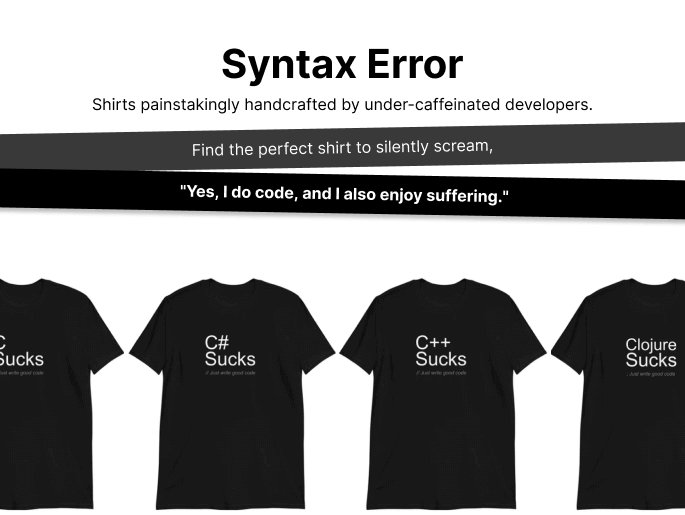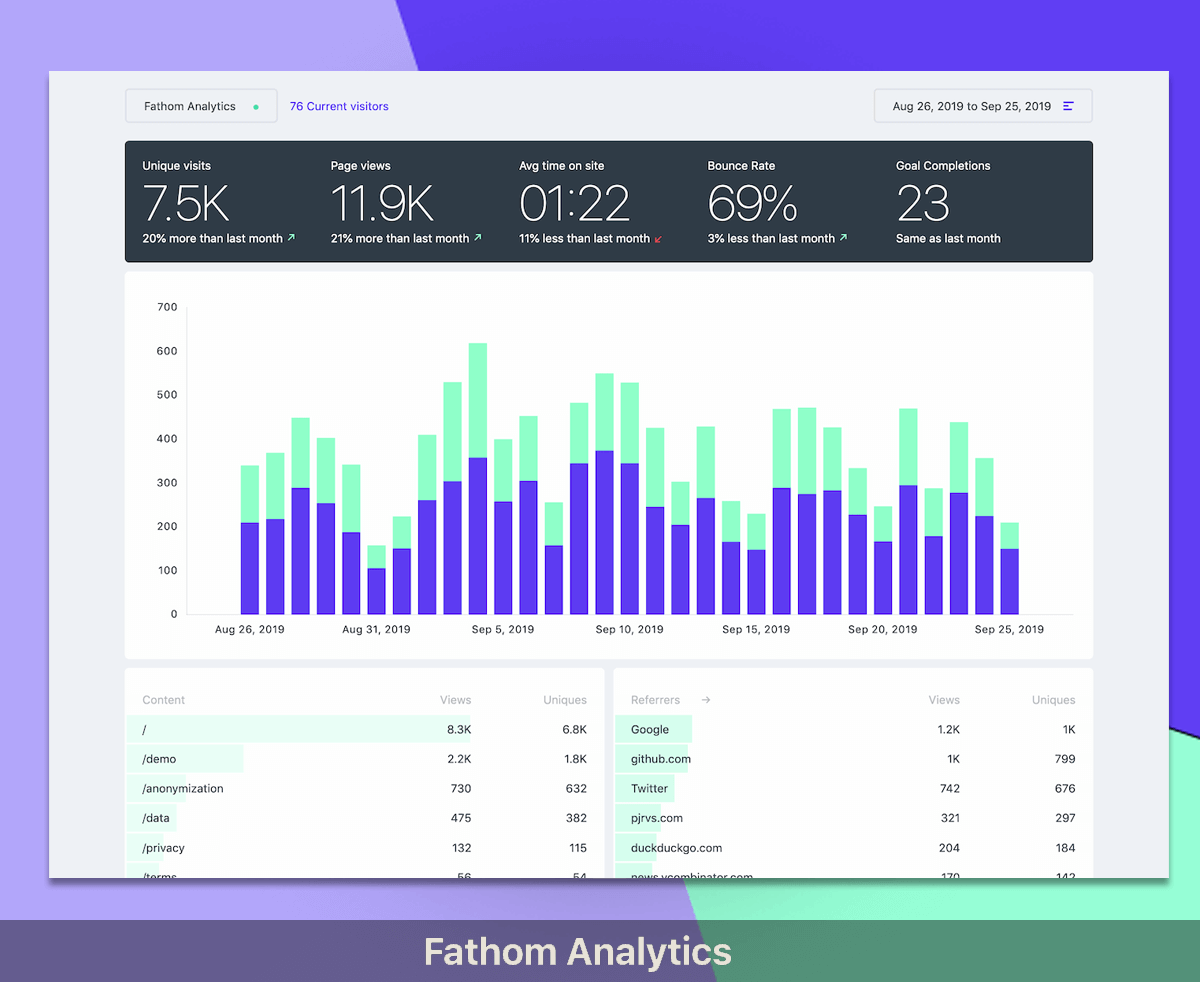Get the latest Laravel/PHP jobs, events and curated articles straight to your inbox, once a week
Source: vardhan-mogare.medium.com
Laravel — Global Scopes for Force Restricting DataCategory: Laravel
Restricting access/modification of data for a user is one of the most important parts of application development. In most cases, we have to make sure that our application user is limited to its own data created space. Writing Authorization checks and filters in various parts of our code is one way to do it.
With this feature you can be sure that no matter from which part of your application tries to access a model (using Eloquent query methods like find, all, where and so on), it will always filter out the data that is owned only by that User.
Note: In the above example, you will probably have an Admin/Seller role too, in such cases, use role based conditions to determine if to apply or not apply the where clause.
With this feature you can be sure that no matter from which part of your application tries to access a model (using Eloquent query methods like find, all, where and so on), it will always filter out the data that is owned only by that User.
Note: In the above example, you will probably have an Admin/Seller role too, in such cases, use role based conditions to determine if to apply or not apply the where clause.
Newsletter

Glimpse
Glimpse streamlines Laravel development by seamlessly deploying GitHub pull requests to preview environments with the help of Laravel Forge.
Laravel/PHP Careers





